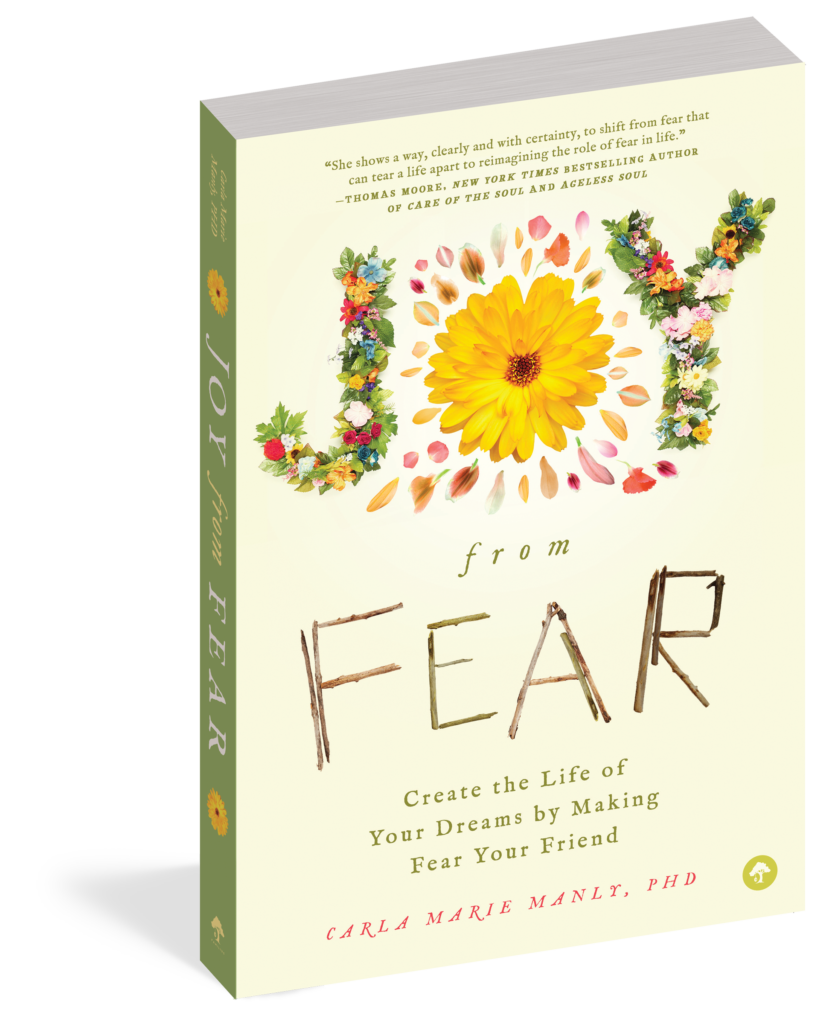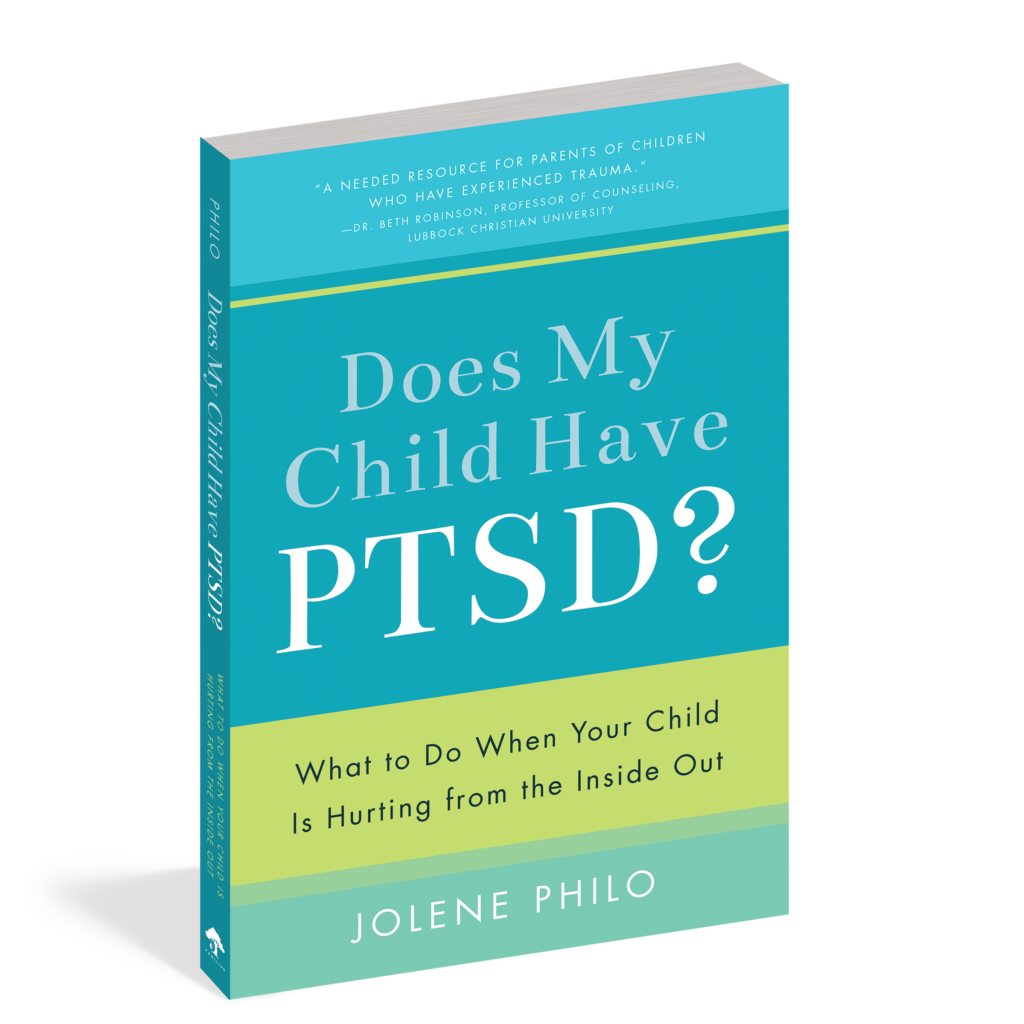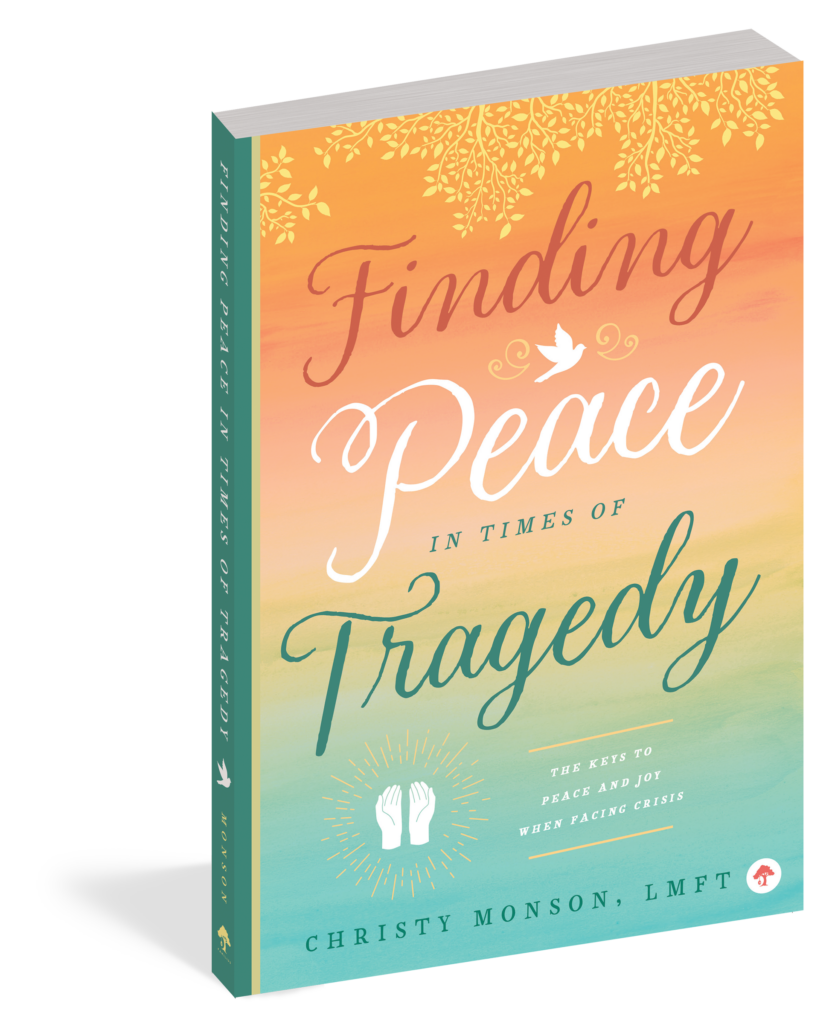
7 Top Tips for Helping Children Cope After Traumatic Events
As parents and caregivers, we have a primary instinct to protect our children from psychological and physical harm. When traumatic events arise—from school shootings to natural disasters—we often feel overwhelmed by confusion, anger, grief, numbness, and sadness. As the shock wears off, we want to have the skills to tend to our children with the resilience, calm, and steadiness they need.
The tips below are designed to help you care for the children in your life following a traumatic event. As you embrace these tips to help your loved ones cope, you may even find that some of them also bring you the solace and healing you deserve.
Tip 1: Create Safety with Closeness and Touch.
Make your child feel safe by creating as many opportunities for physical closeness. All children, from toddlers to teens, will benefit from your touch—extra cuddling, hugs, or just a reassuring pat on the back. Touch and proximity foster a sense of security that is even more important to children after a traumatic event. Although it’s important to keep your routines as normal and consistent as possible, it’s surely appropriate to create additional together time.
Tip 2: Offer Simple Relaxation and Self-Soothing Tools.
You can model self-soothing and relaxation techniques for your children. This creates a win-win situation, as you have the opportunity to relax while giving your child the gift of self-soothing tools. For example, you can teach your child to count to three with each inhalation and each exhalation to reduce anxiety. You can also teach your child to relax by lying on the floor together as you imagine a calming light slowly moving through every body part—from head to toe.
Tip 3: Play and Creativity are Healing.
Give your child plenty of opportunities to heal and process in creative ways such as drawing, scribbling, painting, doll play, or outdoor games. As well, spontaneous, healing conversations often arise when we play with our children. Creative activities such as sand play, coloring, painting, kneading dough, and making cookies can help children process at their developmental level.
Tip 4: Make an Ongoing Invitation to Talk, Process, and “Just Be.”
Traumatic events Children may feel that they burden a parent with too many questions or fears. Set the stage for connectedness by letting your child know that—no matter how many days pass—you are available to talk as thoughts and feelings arise. When talking with your child, give the child your full attention. Strive to make loving eye contact and avoid multi-tasking while attending to the child’s questions and concerns.
Tip 5: Keep Discussions Simple, Calm, and Honest.
When a traumatic event arises, it’s important to keep the discussion basic and honest. Avoid over-explaining or asking too many questions. Ask the child opened-ended questions (rather than yes/no questions. For example, “How are you feeling?” creates an opening to talk whereas “Are you okay?” tend to elicit a yes or no response. Strive to be as calm as possible in order to give children a sense of safety while also acknowledging when you are worried or upset.
Tip 6:Honor Your Child’s Thoughts and Feelings.
It can be painful to hear a child say, “I’m scared” or “I’m worried.” Many a well-meaning parent offers soothing replies such as, “Don’t worry” or “Don’t be scared”. Instead of taking this route (which actually invalidates your child’s feelings and can create shame), strive to nonjudgmentally acknowledge and respect your child’s fears, feelings, and worries.
For example, if your child says, “I am scared. I don’t want to go to school,” respond in a reassuring way that validates your child’s experience. Try a validating response such as, “I hear that you are scared. It makes sense that you are frightened and don’t want to go to school. How can I make you feel more comfortable? Would you like me to walk you to the classroom door today or is there something else I can do?” The more attentive we are, the more we are able to offer our children the anchoring they surely need during traumatic times.
Tip 7: Limit Exposure to Media.
Witnessing and re-witnessing traumatic events can add additional layers of stress and anxiety. Visual reports (whether via television or social media) can be very triggering given the intense nature of many images. Although it’s important to discuss the traumatic event in age-appropriate ways, there’s simply no upside to exposing your children or yourself to ongoing, often-sensationalized news reports. If you want to stay current, get soundbites from a trusted radio or print news service. This helps limit the possibility of adding additional and potentially trauma-inducing reports to the child’s already-difficult experience.
One of the best ways to help children cope with trauma is for us, as parents and caregivers, to engage in good self-care and healthy living. The stronger and more resilient we are, the greater our ability to protect our children’s well-being
Books That Help Families Cope with Trauma

Joy from Fear

Does My Child Have PTSD?

Finding Peace in Times of Tragedy
About the Author: Dr. Carla Marie Manly is a clinical psychologist and wellness expert based in Sonoma County, California. In addition to her clinical practice, Dr. Manly is deeply invested in her roles as an author, consultant, advocate, and speaker. With a holistic, body-mind-spirit approach, she specializes in improving professional and personal relationships through mindfulness and healthy communication skills. Viewing self-development as the foundation for optimal wellness, Dr. Manly’s work focuses on building health intrapersonal and interpersonal relationships through increased self-awareness.
Her work blends traditional psychotherapy with alternative mindfulness practices to support inner freedom, awareness, and balance. Dr. Manly’s latest book, Date Smart: Transform Your Relationships and Love Fearlessly, joins her other highly acclaimed titles, Joy from Fear: Create the Life of Your Dreams by Making Fear Your Friend, and Aging Joyfully. Dr. Manly also contributes her expertise publicly as a speaker and through top-notch media outlets including The Wall Street Journal, Newsweek, NBC, The New York Times, USA Today, Forbes, The Los Angeles Times, Oprah, HuffPost, Reader’s Digest, Psychology Today, Parade, GQ, Women’s Health, Architectural Digest, Men’s Health, and more.
